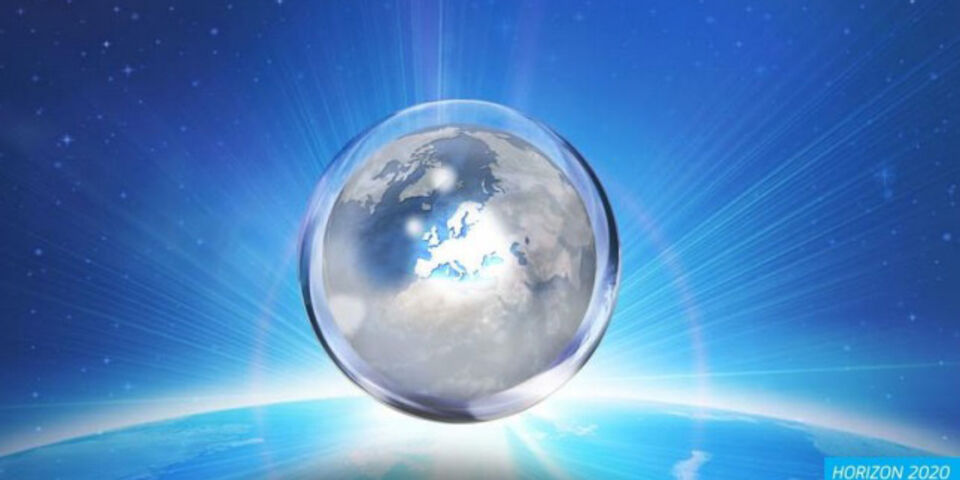Four TU/e researchers reel in Marie Curie grants
Four researchers have each acquired a personal grant from the Marie Skłodowska Curie Actions (MSCA) of the European Horizon 2020 subsidy program. The grants range from between 166,000 and 178,000 euros for two years. Three of them work within ICMS. The projects concern nanoparticles, synthetic enzymes, spintronics and economic models.
Officially the grants are part of the so-called Marie Skłodowska-Curie actions (SKCA) within Horizon 2020, the current funding program of the European Committee. The grants, formally labeled as Individual Fellowships, range from 166,000 to 178,000 euro for two years. That is comparable with the Dutch Veni grant from NWO, which are worth up to 250,000 euro for three years. The four award-winning research projects for TU/e are summarized below.
Corona around nanoparticles
Dr. Junhong Yan (supervisor: Menno Prins) - BMT / ICMS
Increasingly GPs and hospitals are using small devices to do tests near patients, tests that had previously been done in the laboratory, like a fingerprick test to measure hemoglobin and glucose levels. In many new tests nanoparticles are used, which are particles well smaller than a micrometer. However, one problem is that nanoparticles in biological fluids such as blood attract proteins, which tend to create a kind of shell (or ‘corona’) around the nanoparticles thereby hindering their action. In this project Yan will be investigating how exactly this happens by labeling proteins with DNA and monitoring their interaction.
Fighting tumors on the spot
Dr. Nathan van Zee (supervisor: Bert Meijer) - ICMS
A highly promising new therapy to tackle tumors is to administer a drug in an inactive form and then activate it through a chemical reaction at exactly the location of the tumor, for instance by using a synthetic enzyme. In this project Van Zee aims to enhance the properties of potential candidates for this function, single chain polymer nanoparticles.
Organic spintronics
Dr. Chidambar Kulkarni (supervisor: Bert Meijer) - ICMS
In spintronics the magnetic properties of electrons (the ‘spin’) are used to store data in a computer memory rather than by electrical charge as in electronics. While most research tends to focus on inorganic materials as active components, Kulkarni will be investigating ‘organic’ variants in the form of supramolecular assemblies.
Optimum decision-making in the biotech industry
Tugce Martagan (supervisors: Geert-Jan van Houtum and Ivo Adan) - IE&IS)
Martagan will develop optimization models to help decision-making in the biomanufacturing industry. Biomanufacturing refers to the development new drugs and treatment methods using biotechnology. Hereby one has to deal with high process variability, risk of failure and high operational costs.
Source: TU/e press team


Discussion